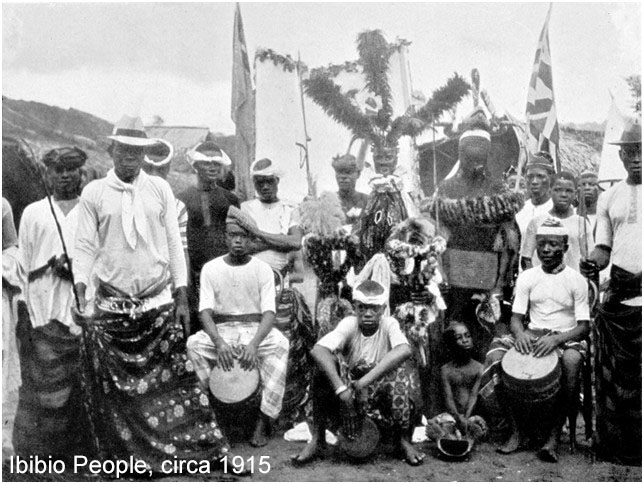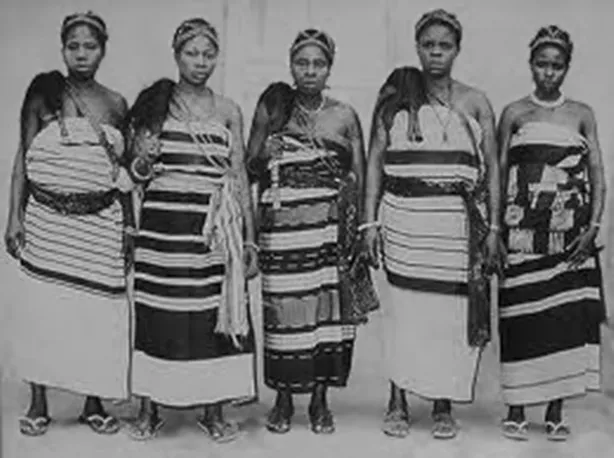The histories of Akwa Ibom State and Cross River State are deeply intertwined. Once part of the same political entity, these two vibrant states in Nigeria’s South-South region share cultural heritage, historical bonds, and a common ancestry—yet each has evolved with its own unique identity.

Early History and Cultural Foundations
Before colonial boundaries or modern governance structures, the areas now known as Akwa Ibom and Cross River were home to diverse ethnic groups. The Ibibio, Efik, Annang, Oron, Ejagham, Bekwarra, and other ethnic communities thrived along the coastal plains, rainforests, and river valleys.
- Ibibio People – Among Nigeria’s oldest ethnic groups, the Ibibio are believed to have migrated from the Cameroon highlands centuries ago, settling primarily in what is now Akwa Ibom.
- Efik People – Known historically for their maritime trade, diplomacy, and scholarship, the Efik settled along the Cross River estuary. They were middlemen in trade between the coastal region and the hinterlands during the Atlantic trade era.
- Ejagham and Bekwarra – Indigenous to the northern parts of today’s Cross River State, these groups have rich traditions in art, masquerades, and oral literature.
These communities had advanced socio-political structures, with councils of elders, age-grade systems, and secret societies such as Ekpe playing central roles in governance and cultural life.

Colonial Era and Administrative Evolution
During the late 19th and early 20th centuries, European colonial powers—particularly the British—established control over the Cross River basin and coastal areas. Calabar emerged as a significant administrative and commercial hub:
- Calabar served as the capital of the Southern Protectorate of Nigeria from 1884 until the seat of government moved to Lagos in 1906.
- The city became a center for Christian missionary activity, Western education, and early Nigerian nationalism.
Under British rule, what is now Akwa Ibom and Cross River was part of the Eastern Region of Nigeria, alongside present-day Abia, Ebonyi, Enugu, and Imo States.
From Eastern Region to South-Eastern State
After Nigeria’s independence in 1960, the Eastern Region remained intact until 1967, when the country’s regions were divided into 12 states. The creation of South-Eastern State brought together all of present-day Akwa Ibom and Cross River under one administrative unit.
The South-Eastern State thrived with Calabar as its capital. However, local calls for more inclusive representation grew stronger, especially from the Ibibio and Annang people in the south-western part of the state, who felt politically and economically marginalized.
Birth of Cross River and Akwa Ibom States
In 1976, the South-Eastern State was renamed Cross River State, taking its name from the Cross River, which flows through the region from Cameroon into Nigeria. Cross River State then comprised the areas of both today’s Cross River and Akwa Ibom.
By the 1980s, renewed demands for state creation intensified. Leaders from the Ibibio, Annang, and Oron communities championed the cause for a separate state to promote balanced development. This effort culminated on September 23, 1987, when the then-military government under General Ibrahim Babangida created Akwa Ibom State out of Cross River State.
- Akwa Ibom State – Uyo became the new state capital, and the state embarked on a journey of rapid infrastructure growth and industrial development.
- Cross River State – Retained Calabar as its capital, focusing on tourism, agriculture, and preserving its unique rainforest ecosystem.

Shared Heritage and Modern Identities
Though politically separate, Akwa Ibom and Cross River remain bound by cultural, linguistic, and historical ties:
- Festivals such as the Ekpe Masquerade, New Yam Festival, and Leboku are celebrated in both states.
- The Efik language and Ibibio language share similarities and historical connections.
- Intermarriage and trade continue to weave strong social bonds.
Today:
- Akwa Ibom is known for its oil and gas industry, rich cuisine (including the famous Afang and Edikang Ikong soups), and hospitality.
- Cross River is celebrated for its eco-tourism, Cross River National Park, the annual Calabar Carnival, and its role as Nigeria’s cleanest city.
Conclusion
The histories of Akwa Ibom and Cross River States tell a story of unity, resilience, and growth. From shared origins in the pre-colonial era to separate but thriving modern states, they stand as examples of how cultural heritage can remain a bridge even after political boundaries are redrawn.
Whether exploring the bustling streets of Uyo or the scenic hills of Obudu, you are walking through history—one that began together, evolved apart, yet remains forever connected.
